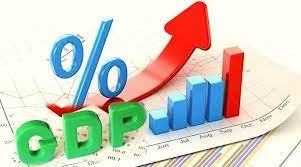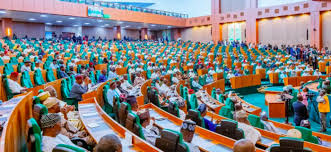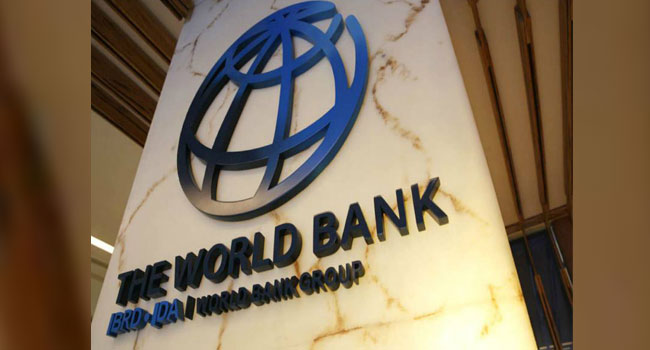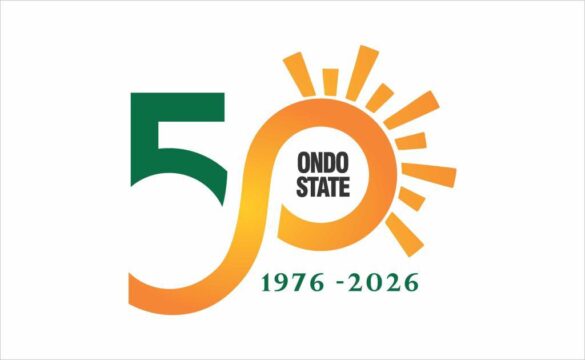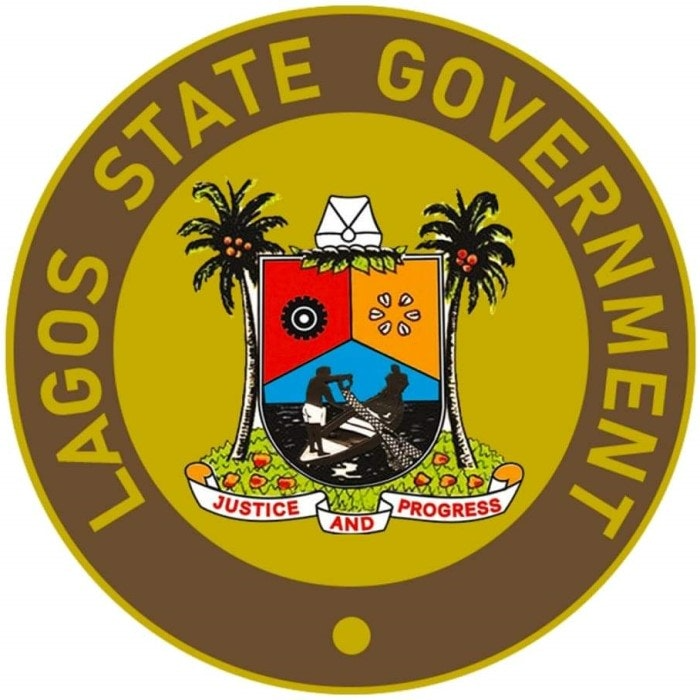Nigeria Q2 2025 GDP growth rose to 4.23%, led by trade, agriculture, and real estate, showing stronger economic performance compared to 2024.
Nigeria Q2 2025 GDP growth rose to 4.23 per cent year-on-year, according to the latest GDP report released by the National Bureau of Statistics (NBS) on Monday.
Also read: ‘Profit drops by 58%’ Ecobank Nigeria revenue declines in Q2 2021
This marks a clear acceleration from 3.48 per cent recorded in the same quarter of 2024 and 3.13 per cent in the first quarter of 2025.
The stronger performance reflects broad-based economic expansion, driven primarily by the non-oil sector, which continues to outperform oil-related activities.
The report highlights that 10 key sectors made the largest contributions to real GDP in the second quarter.
Among them, trade, crop production, and real estate services emerged as top performers.
Trade contributed the most, accounting for 18.28% of real GDP.
This includes both wholesale and retail activities and remains Nigeria’s largest single economic driver.
Crop production followed closely at 17.80%, reaffirming agriculture’s importance in national output. The sector as a whole made up 26.17% of the total GDP.
Real estate services contributed 12.80%, reflecting sustained activity in property development and leasing.
Telecommunications and information services played a significant non-oil role with 11.18%, making it a vital part of the digital economy.
Other contributors included livestock (5.90%), crude petroleum and natural gas (4.05%), and construction (3.60%), indicating steady infrastructure growth.
Food, beverage & tobacco manufacturing (2.87%), financial institutions (2.84%), and public administration (2.73%) also made it into the top 10.
The Nigeria Q2 2025 GDP growth figures show that the country is experiencing more robust and diversified growth, with less reliance on oil revenues than in previous years.
The report aligns with broader economic reforms and increased spending across productive sectors.
With foreign exchange reserves recently hitting a six-year high of $42 billion, and inflation cooling modestly, analysts suggest the economy is moving in a more positive and sustainable direction.
Also read: Tinubu reforms credited for Nigeria’s 4.23% GDP Growth
However, challenges remain, especially in terms of job creation, rising living costs, and ensuring that growth translates into tangible improvements in household welfare.
Source: Read more at gazettengr.com


